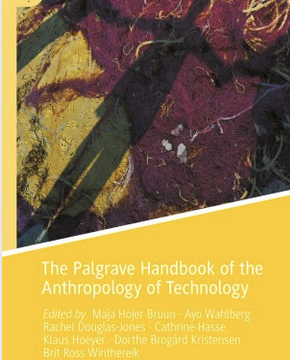 Redacted – coming 2024
Redacted – coming 2024
research & teaching
 Redacted – coming 2024
Redacted – coming 2024
 TiP x Naho Matsuda
TiP x Naho Matsuda
 The Handbook of the Anthropology of Technology
The Handbook of the Anthropology of Technology
 The Bestiaries Project
The Bestiaries Project
 Sensing In/Security
Sensing In/Security
 New Book – Hope and Insufficiency: Capacity Building in Ethnographic Comparison
New Book – Hope and Insufficiency: Capacity Building in Ethnographic Comparison
 Towards an Anthropology of Data
Towards an Anthropology of Data
 Museum Implosions
Museum Implosions
 GDPR, 2 years on
GDPR, 2 years on
 PhD Course: Research Interrupted
PhD Course: Research Interrupted
 Distribute2020
Distribute2020
 Alt_CPH
Alt_CPH
 Silver Linings
Silver Linings
 #datatimes
#datatimes
 GDPR: Deletion poems
GDPR: Deletion poems
 Book Launch: Ethnography for a Data Saturated World
Book Launch: Ethnography for a Data Saturated World
 The Digital Anthropocene
The Digital Anthropocene
 The Social Life of Time (#SloTime18)
The Social Life of Time (#SloTime18)
 In the Clouds: an Art Science Workshop
In the Clouds: an Art Science Workshop
 AAA 2018
AAA 2018